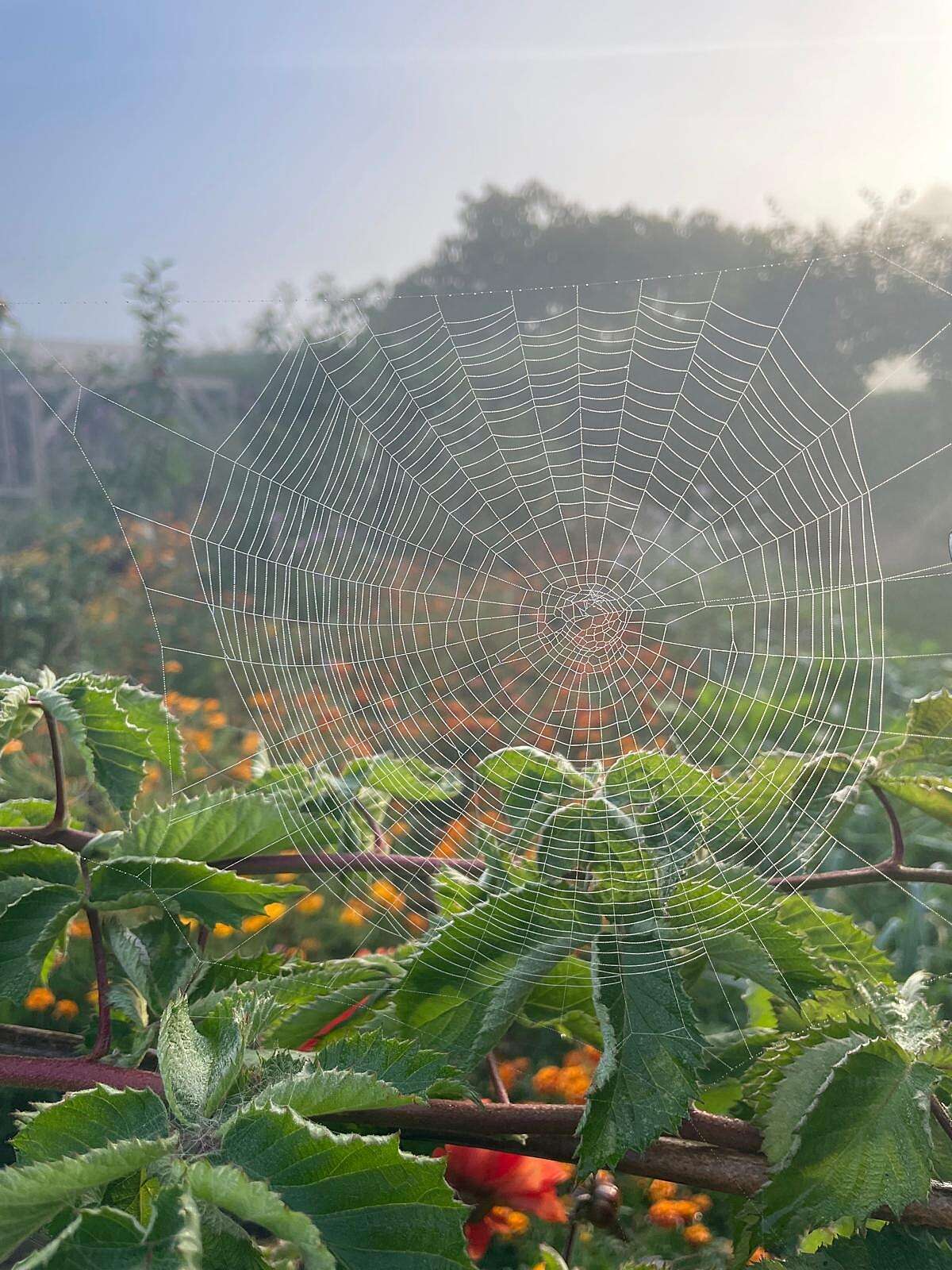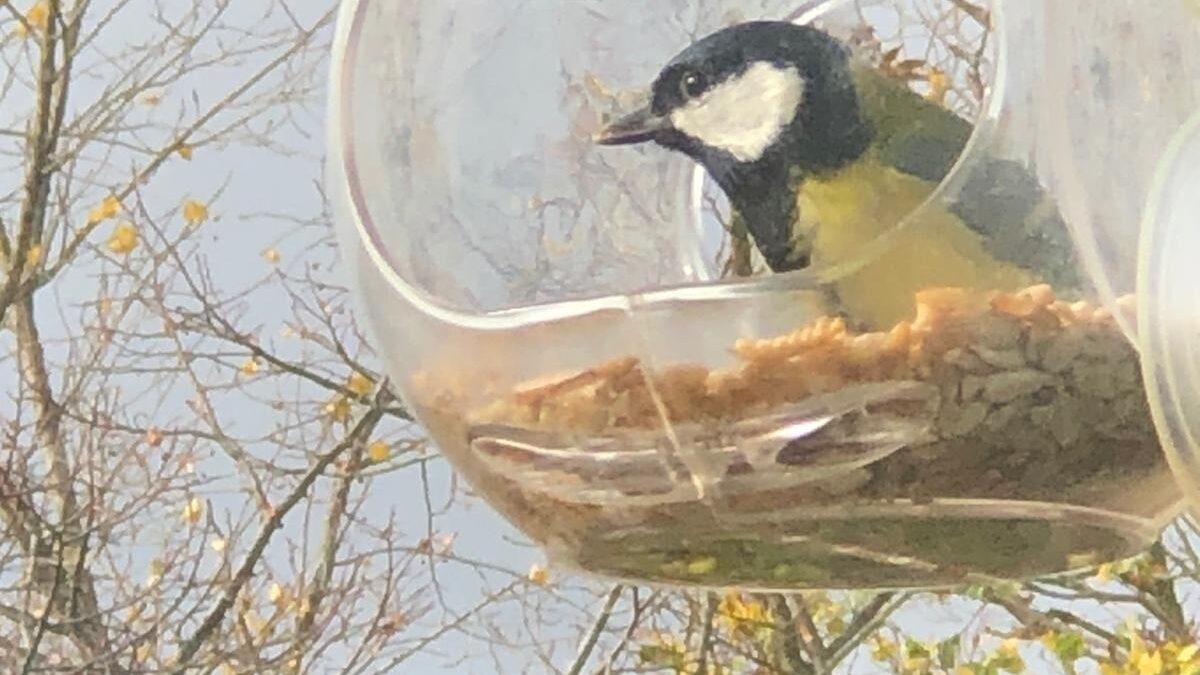Support your garden spiders

Appreciating spiders… and even encouraging them may make you feel uncomfortable – but garden spiders are one of your most valuable allies in the organic garden.
A UK garden can host as many as 100 different species of spider thanks to the ecologically complex ecosystem: lawns, flower beds, shrubs, ponds and compost heaps.
On a frosty morning, you’ll see evidence of spiders thanks to their beautiful sparkling webs – and you may even spot funnel/tunnel spiders, or Labyrinth spiders, which live in walls, paving and rockeries or crevices in tree bark and are active all-year-round. Woodlouse spiders, which don’t spin webs, like to nestle in birdboxes, clusters of flowerpots and around the compost bin.
Most garden spiders are active from April to November, so while winter is a quieter period for spiders - with many of them hibernating - it’s worth planning ahead now to help support them, come spring and summer.
Benefits of spiders
As beneficial predators go, spiders are the champions - and only beaten by birds. They use their sticky webs (which can reach 40cm wide) to capture all kinds of flying insects. And although they’re not discriminatory, they help maintain a healthy balance and will eat ‘pest’ insects such as aphids and flies, keeping populations low.
According to the British Arachnological Society, it’s been estimated that UK spiders eat more than the weight of the human population in insects each year. By decomposing dead organic matter they help to recycle nutrients back into the ecosystem.
Garden spiders are also good food source for other animals such as birds and small mammals, and some can help with pollination and seed dispersal by moving from plant-to-plant. Finally, research suggests spider 'poo' may be good for your soil!
How to attract them
Garden spiders like it a bit messy. Provide plenty of seedheads, log piles, leaf litter and grasses where they can wait for prey. Tall plants, trees and shrubs are also perfect for bungee-jumping and web spinning.
Pesticides are a no-no for spiders. Studies have shown that while pesticides don’t tend to kill spiders, they disrupt behaviour, prey/predator relationships, habitats, lifespan and sometimes even web repair.
In the spring and summer months, it’s a good idea to avoid artificial lighting. Spiders tend to be more active at dawn and dusk so light pollution can be detrimental to climbing and hunting behaviours, and may even shrink their brains.
So next time you see a spider’s web pricked out by frost on a winter morning, take a closer look. Knowing whether your web is an orb, a sheet, a funnel, a lace or a tangle can help you identify which spider family was responsible for it – and what they do in your garden. Plus, you can marvel at the intricate role they play in your organic growing space.
